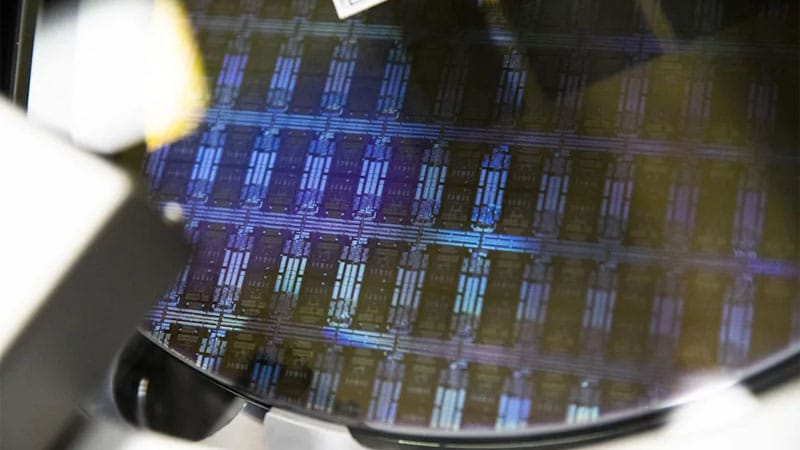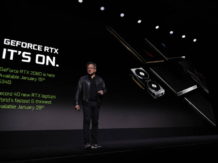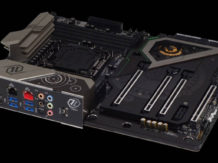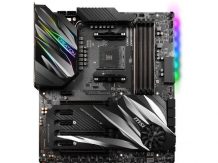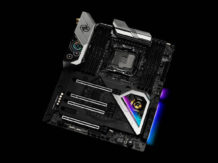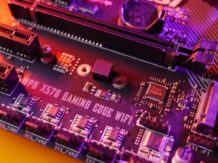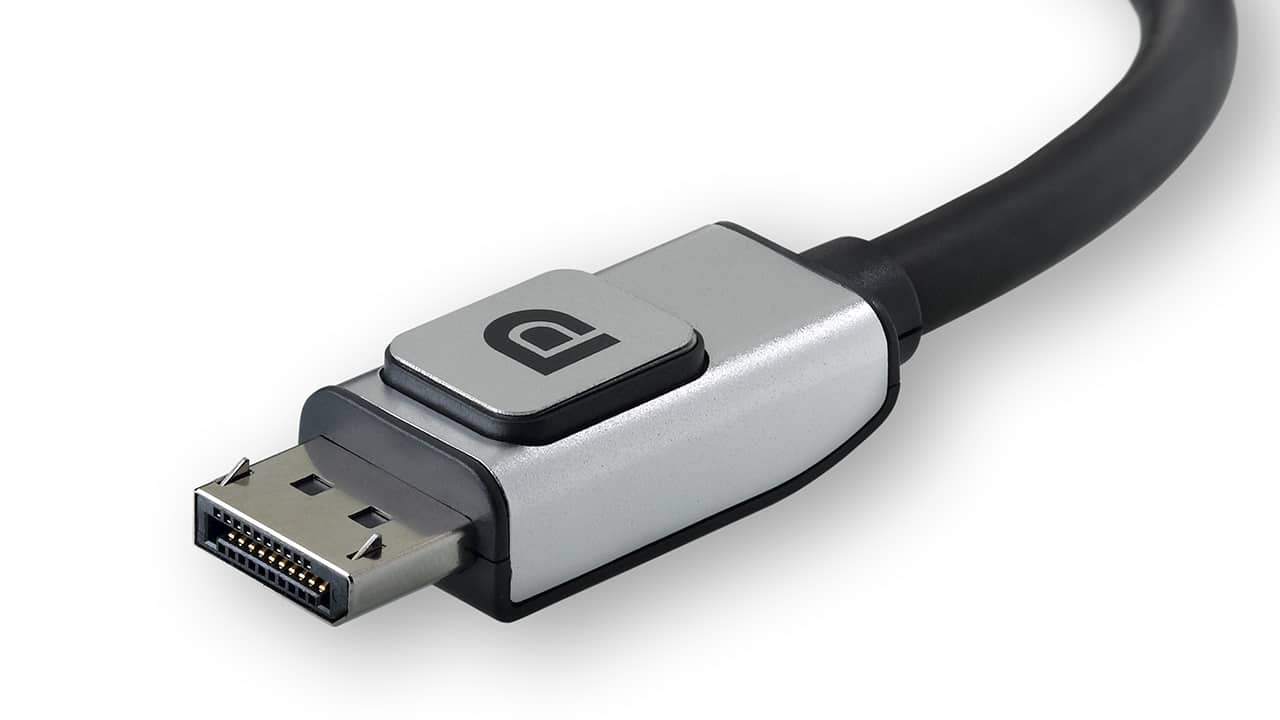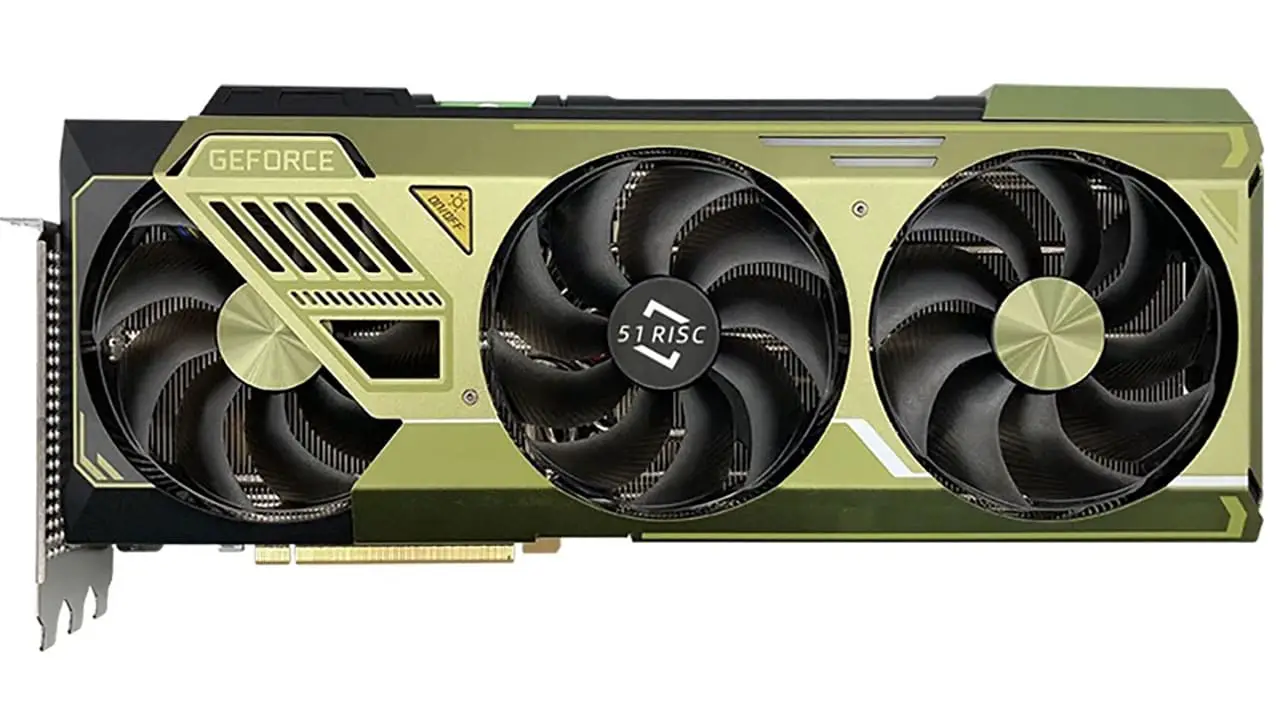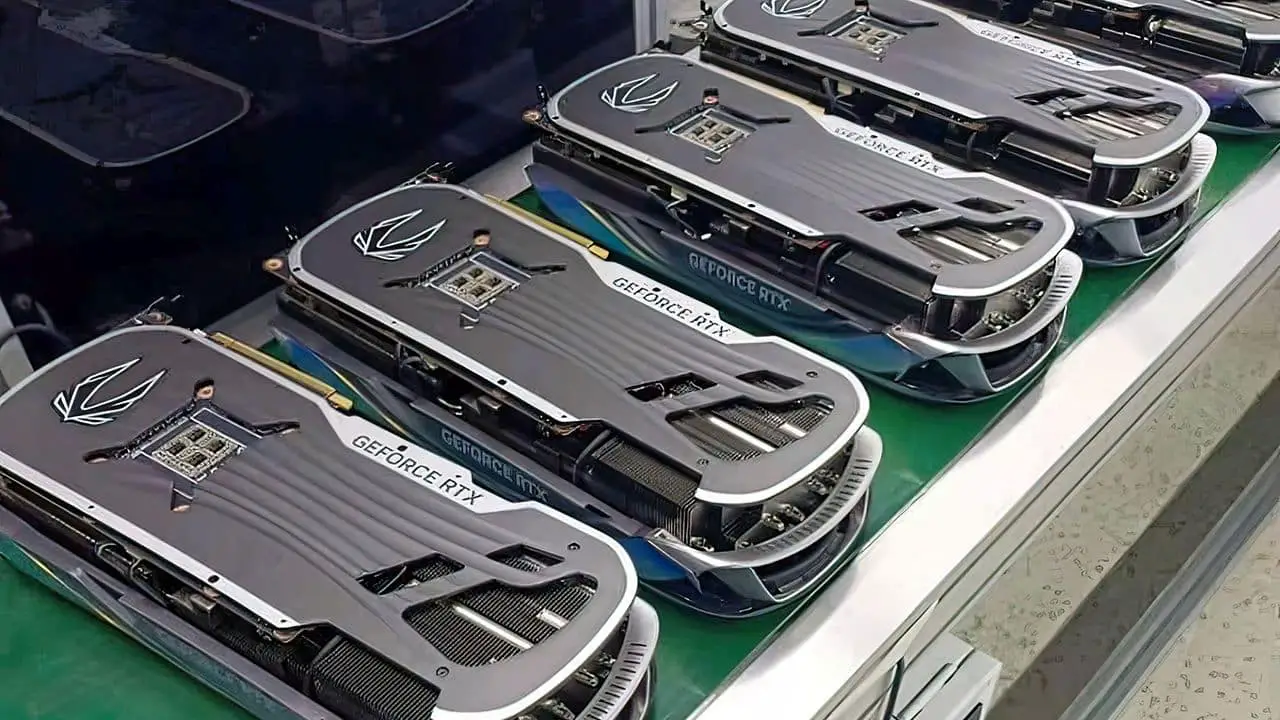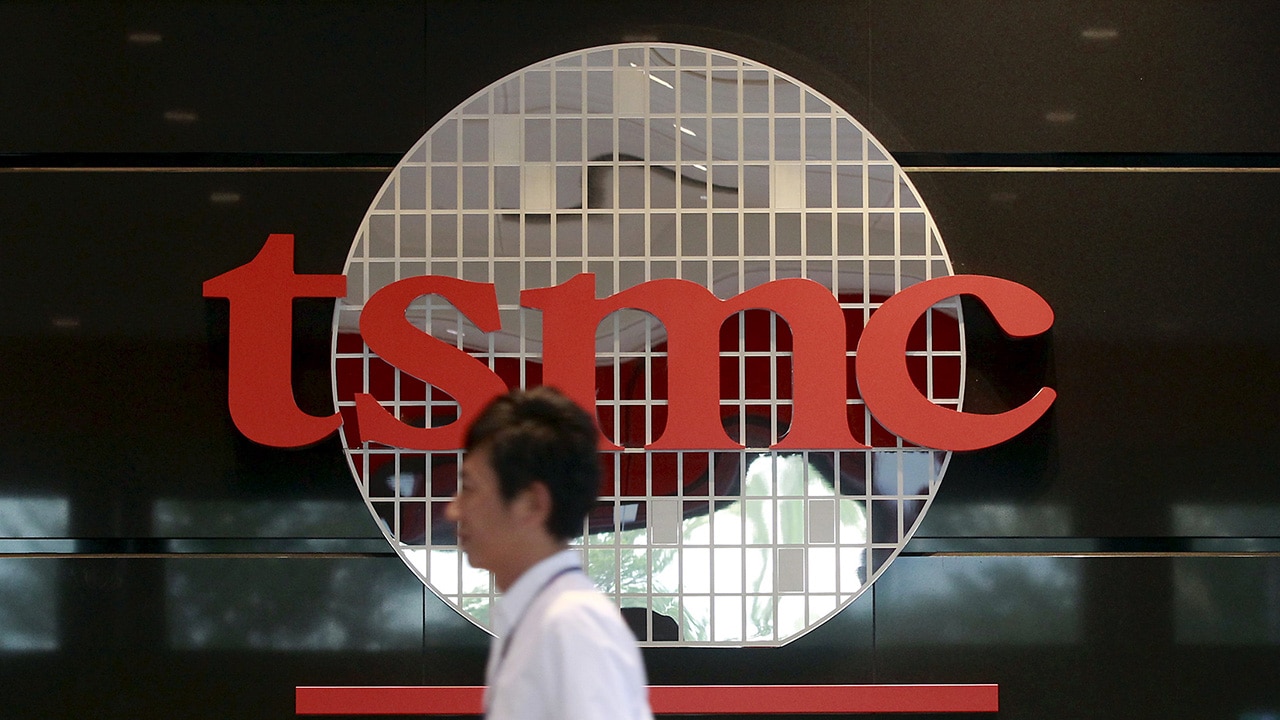The International Trade Commission (ITC) of the United States is trying to stop imports of mechanical chemical planarization compounds sold under the name Optiplane, manufactured in Taiwan and Japan by DuPont’s Rohm & Haas unit, since, Apparently, they infringe a patent of the company CMC Materials, Inc. However, Intel is trying to dissuade the Commission to find another solution since it believes that this measure will worsen the shortage of chips as they are an important material for their manufacture.
As we already know, Intel is the world’s largest chipmaker and has some authority to weigh in on the matter. The company claims that “banning Optiplane compounds from semiconductor chip manufacturing lines without a 24-month transition period could conflict with national security and economic interests.”
In addition, the approval of the restriction could generate a legal battle. CMC’s Cabot Microelectronics claims that Optiplane uses its state-of-the-art technology to polish the semiconductor layers. Last July a Commerce judge agreed that one of the components manufactured by DuPont infringes Cabot’s patent.
Returning to Intel, the company explained that manufacturing semiconductors involves layering conductive and insulating materials on silicon disks. Then, circuit patterns are recorded on them. This process takes months and involves layers one atom thick. This results in the accumulation of millions of transistors in very small pieces of silicon. The compounds in question are used in different steps of the process and the company notes that “subtle variations in them have a huge impact on the manufacturing environment.”
Intel would be the hardest hit company
Combined with a global chip shortage, Intel would be the worst hit company if the measure passes. The company depends on facilities in the US and not abroad like others. For your luck, ITC attorneys have supported Intel’s request and they believe that this delay could “provide a sufficient period for Intel to transition to acceptable alternatives that do not violate the law.” Recall that this shortage of chips has affected several sectors of the industry, including the manufacture of smartphones as well as the automotive industry, so this problem could affect not only Intel but also its customers.
For his part, Cabot claims that both Intel and DuPont are using the shortage as an excuse to avoid the ban:
The semiconductor shortage is the result of a complex set of economic factors and has nothing to do with the supply of the compound of CMP, let alone supplying the specific infringing products at issue in this investigation.
The International Trade Commission will communicate its final decision on December 16, after having delayed the decision for a week.
Will Intel be able to lift the ban on this component? Will it really affect the chip shortage?
Source: Yahoo Finance




